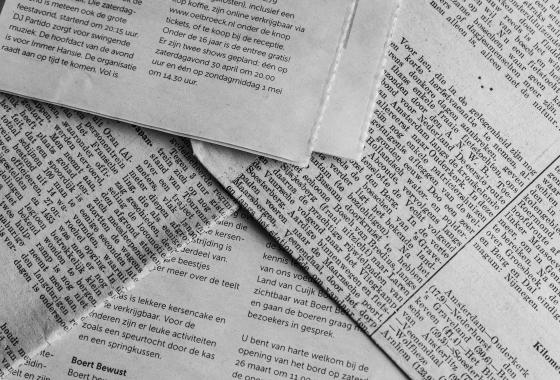
FS10E - Power of Attorney
Category : Fact Sheets
FS10E - Power of Attorney
A public instrument or authenticated private instrument is the power of attorney which is done with the intervention of entities such as Notary Offices, lawyers and solicitors who have legal powers to confer public faith to documents. For some specific situations, the power of attorney must be performed by public instrument or authenticated private instrument. In such cases, it is a legal determination normally established for the purpose of avoiding fraud. Proxies for marriage, for sale of real estate, to act in the interests of the incapacitated for example, shal be made by public instrument or authenticated private instrument.
For power of attorney granted by private instrument (which are those that do not need to be done by public instrument or authenticated private instrument; for example a proxy vote in an AGM), the essential thing is the signature of the person who confers the powers. Proxies granted by private instrument can be handwritten and because they are a unilateral document they do not require the signature of the person to whom powers are granted.
Whether in powers of attorney granted by a private instrument or in those granted by a public instrument or authenticated private instrument, the grantor must specify in detail the powers granted to the proxy/attorney and for what purpose. It should also contain the indication of the place where it was issued, the date of use of the powers and the qualification of the grantor and the proxy/attorney, for example, Nationality, marital status, domicile, taxpayer number and the civil identification number.
For the constitution of a lawyer it is necessary that the client grants powers of forensic representation to the lawyer. The power of attorney, in this case, can be made by private instrument and must contain the number of the professional card of the lawyer. In powers of attorney the constitution of a lawyer, it is not necessary to indicate the period of validity of the power of attorney, it being understood that their validity extends during the time necessary for the forensic mandate.
The article clarifies, in general, the purpose and requirements of the power of attorney. It is however advisable to confirm the requirements that may exist in any specific situation regarding to whom the power of attorney must be delivered and the powers to be conferred, in order to certify the need for other possible requirements. Please note that for any public document to be valid in a State other than that in which it was drawn up, it must be legalised with the Hague Apostille (in respect of contracting States of the Hague Convention of 1961) or equivalent procedure.
Source: Dr. Eduardo Serra Jorge, Law Office





